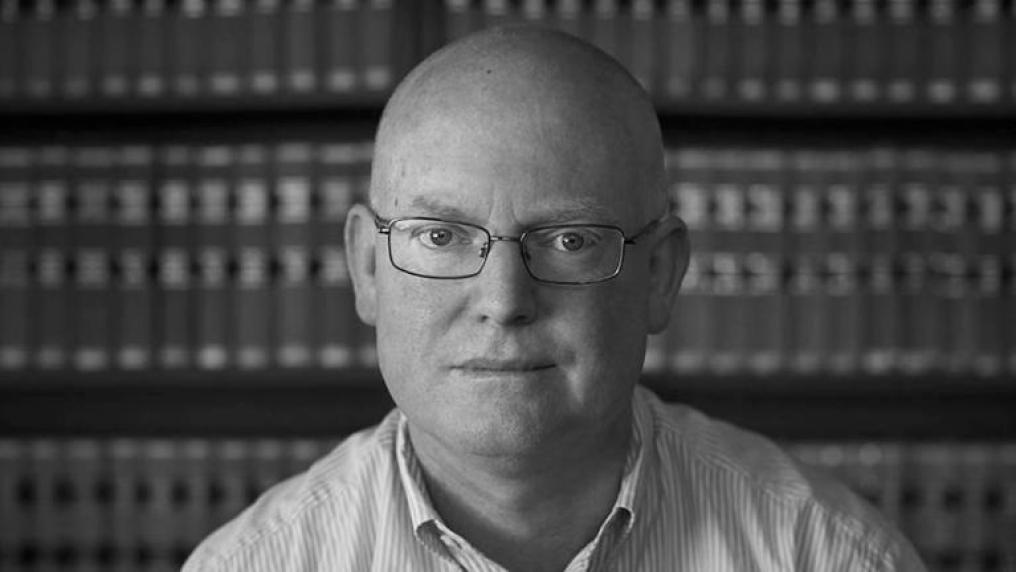Kirby Moot
The Annual Michael Kirby Contract Law Moot Competition is hosted by Victoria Law School at Victoria University (VU).
We are pleased to announce that the 12th Annual Kirby Contract Law Moot 2024 will run Monday 23—Thursday 26 September 2024.
About the competition
Mooting is the oldest form of legal training for law advocates. At many universities, mooting competitions can be selected as an elective unit in your undergraduate law degree.
The Kirby Moot demonstrates VU’s strong industry connections. It is a fixture in the legal calendar and has strong support from the County Court of Victoria, members of the Victorian Bar, various law firms and practical legal training institutions. Law professionals are invited to judge the rounds and provide feedback to students.
2024 winners
We are delighted to congratulate the Grand Final teams of the 2024 Michael Kirby Moot. The winning team hails from The University of Sydney, with Macquarie University as the runners-up. Well done to both teams for your outstanding achievements! We were also excited to have our first international team from the University of Purbanchal in Nepal joining us.
Our heartfelt thanks go to our major sponsor, Leo Cussen Institute, and Alex Giannopoulos for their unwavering support of Victoria Law School at Victoria University. On behalf of Dean Lidia Xynas and myself, we extend our sincere appreciation to the legal professionals who generously volunteered their time, helping to make the Kirby Moot a valuable and enriching experience for all students involved. We are also deeply grateful to the County Court of Victoria for their continued support in hosting the 2024 Michael Kirby Moot Grand Final.
Lastly, we wish to express our profound respect and gratitude to the Grand Final Judges, whose presence and insights made this event an unforgettable experience for the students:
- Hon. Michael Kirby AC CMG
- Michael Wyles KC
- Catherine Holmes AC SC
- Adjunct Professor Picha Djohan
- David Thomson OAM FACE
- Melissa Kirby BA Hons GDLP, Director of Sharpe and Abel Law and Strategy Firm
Thank you for making this event a great success!
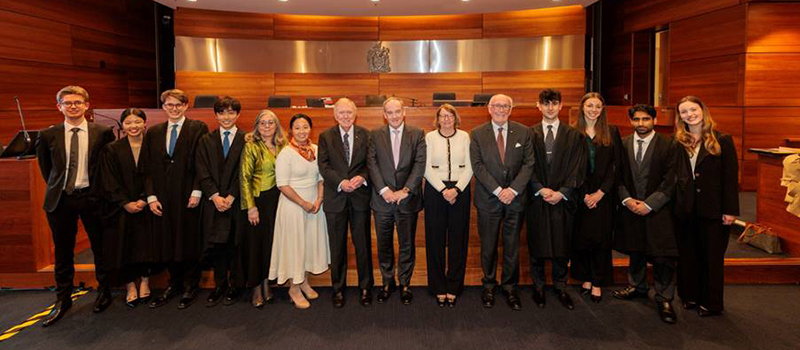
Oration & Moot 2024 photos
Explore our photos of the event
Past competitions
Past winners
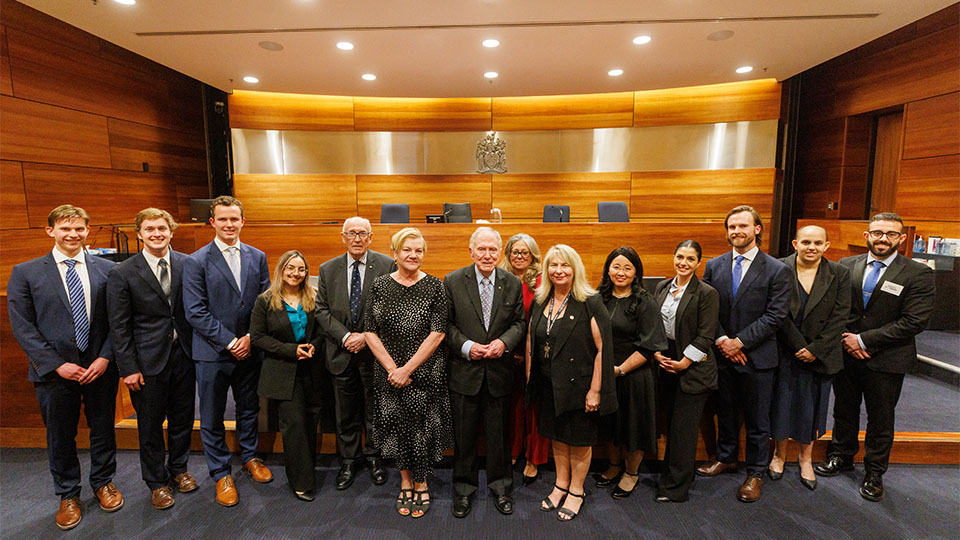
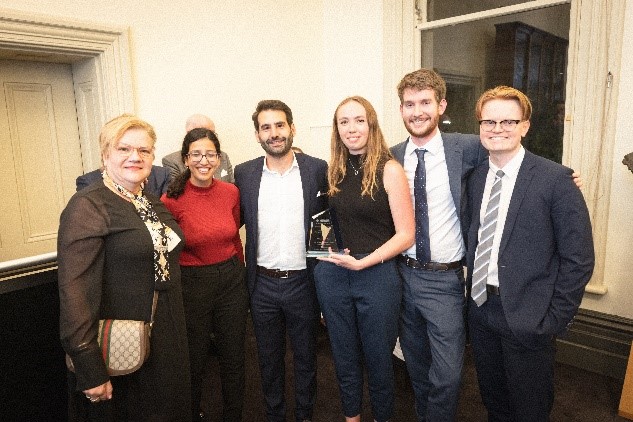
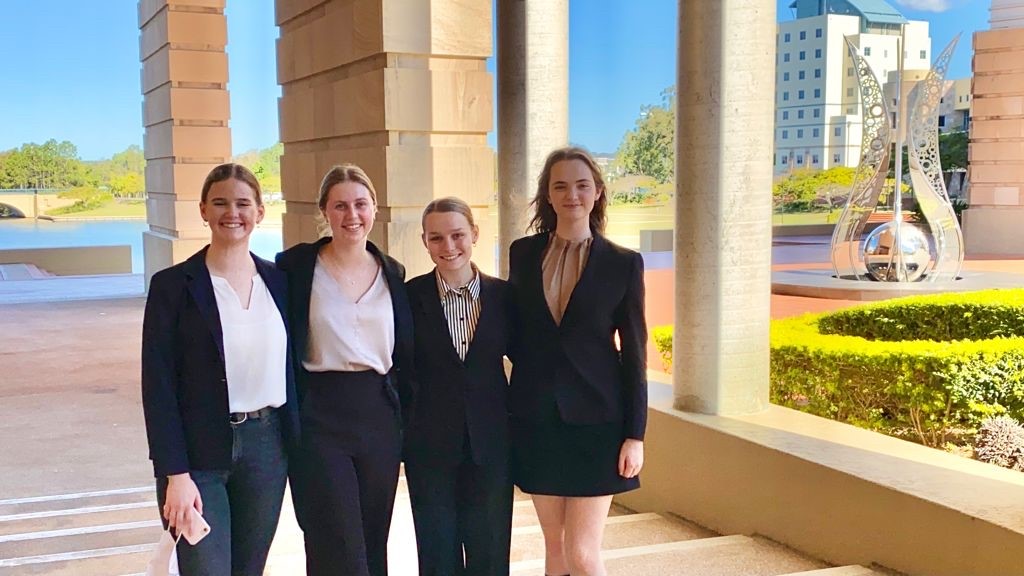
Michael Kirby Justice Oration
Established in 2010, the annual Michael Kirby Justice Oration provides a platform for leaders within our community to share their experiences, deep understanding, knowledge and reflections on issues of justice.

Event details
Date: Wednesday, 25 September 2024
Time:
Refreshments – 5pm–5.30pm
Oration – 5.50pm–6.30pm
Location: 295 Queen Street, Melbourne
RSVP: Monday 16 September 2024
2024 orator: Ms Catherine Holmes AC SC
Catherine Holmes AC SC was appointed Chief Justice of Queensland in 2015 and retired in March 2022. She had previously served as a judge of the Court of Appeal (2006 – 2015) and of the Trial Division (2000 – 2006) of the Supreme Court of Queensland. From 2011 to 2012, Ms Holmes was Commissioner of the Queensland Floods Commission of Inquiry.
Commissioner Holmes is a graduate of the University of Queensland and the Australian National University, with undergraduate degrees in Law, Arts (Hons) and Economics and a Master's degree in Law. She was admitted as a solicitor in 1982 and as a barrister in 1984. In 1999 she was appointed Senior Counsel.
Ms Holmes was a founding member of the Women's Legal Service (from 1984) and was a member of the Queensland Anti-Discrimination Tribunal (1992 – 2000). From 1998 to 1999 she served as Counsel Assisting the Commission of Inquiry into Abuse of Children in Queensland Institutions.
In January 2020, Ms Holmes was appointed a Companion of the Order of Australia for 'eminent service to the judiciary, notably to criminal, administrative and mental health law, and to the community of Queensland'.
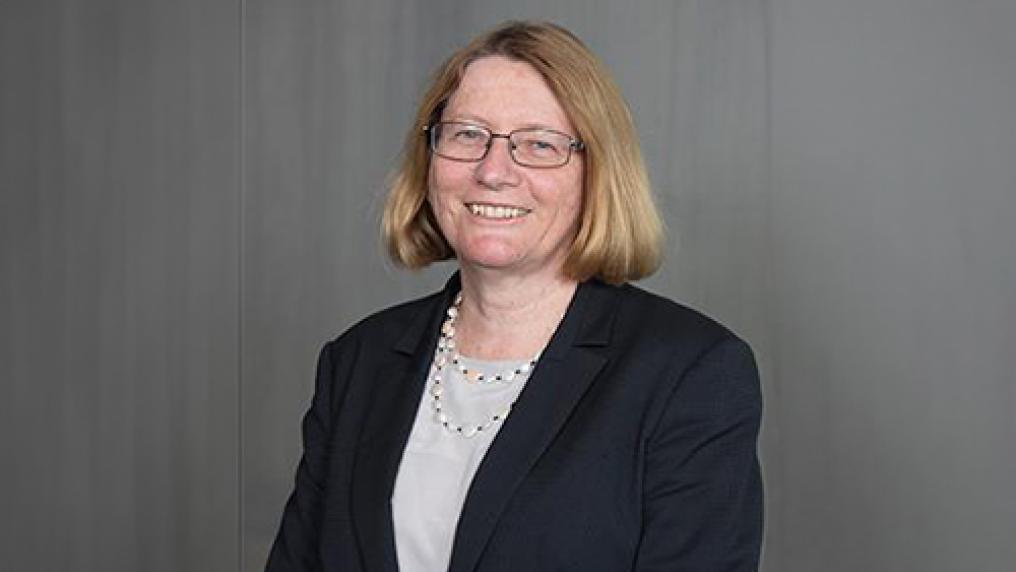
Topic: Miscarriages of justice in Australia – some famous (& infamous) cases
The Australian criminal justice system generally works well. Trial by jury, with the presumption that the defendant is innocent, is a great protection against unjust convictions. The availability of appeal to intermediate courts of appeal in each State and Territory provides a further layer of protection; and finally, of course, there is the possibility of obtaining leave to appeal to the High Court of Australia. But every so often a case emerges which shows that the system has failed to recognise and correct injustice.
Remedying of wrong convictions, when it does occur, can take a disturbingly long time. This speech focuses on the cases of five individuals who were wrongly convicted and ultimately vindicated: Lindy Chamberlain, who served three years imprisonment, missing the early years of the child she gave birth to in jail; John Button, who served five years; Andrew Mallard, who spent 12 years in jail; and Kathleen Folbigg and Henry Keogh, who respectively spent the appallingly long periods of 20 and 21 years in custody. What caused those miscarriages of justice? Why did the criminal justice system not work to rectify them? And what might be done for the future, either to avoid such miscarriages happening at all or to remedy them more quickly when they do?



